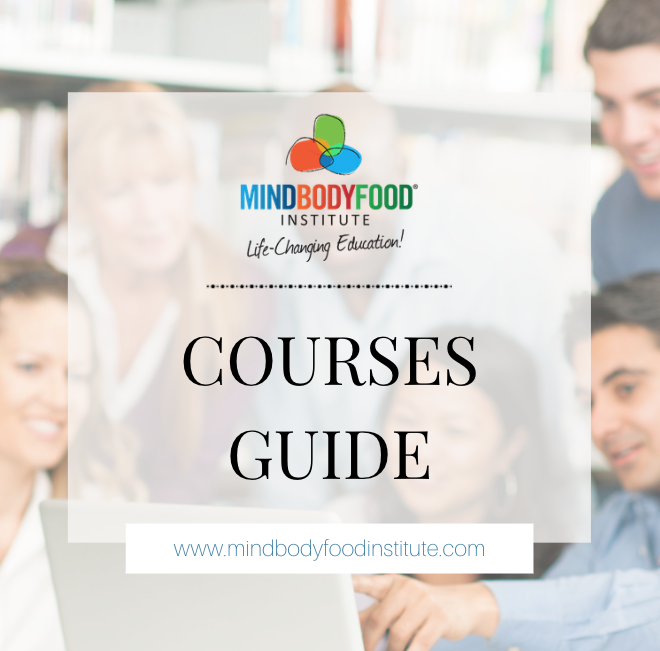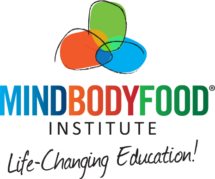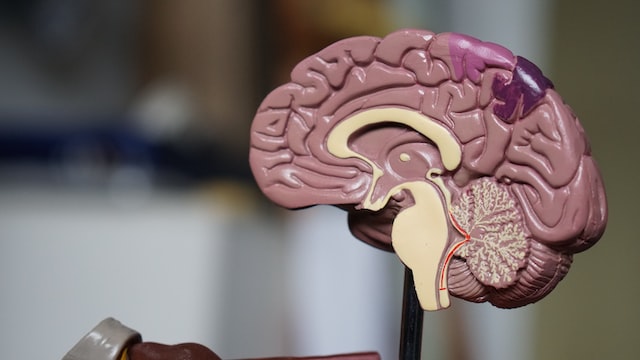Neuroscience-informed training (the study of the brain and nervous system) is becoming increasingly important in the field of holistic coaching and integrative health. Without even the basics of how the brain influences biological functions, emotions and behaviour, coaches and practitioners are missing a key element in facilitating the awareness and self-insight needed to cause real change for their client’s long term.
When properly trained in neuroscience principles to draw on and guide them coaches, practitioners, therapists, healers and bodyworkers can better support their clients to make positive changes that can increase health and improve mental wellbeing.
Below are 10 Neuroscience Principles that are essential for Holistic Life Coaches to know and use in their practice, which we teach throughout our Holistic Life Coach & Mind-Body Practitioner certification course.
1. Neuroplasticity: The brain’s ability to reorganise and form new neural connections throughout life. Encourage clients to challenge their brains with new experiences and learning opportunities to promote neuroplasticity.
2. Brain Regions and Function: Different regions of the brain are responsible for different functions. Understanding these can help clients better understand their thoughts, emotions, and behaviours. Work with clients to understand the functions of regions such as the prefrontal cortex (decision-making and planning), amygdala (emotions and fear), and hippocampus (memory and learning), and how these regions interact to influence behaviour. Encourage clients to develop strategies to balance and strengthen these regions for optimal functioning.
3. The Default Mode Network: The network of brain regions that become active when the mind is at rest. Teach clients how to quiet their minds and focus on the present moment to improve overall wellbeing.
4. The Role of Emotions: Emotions are processed in the limbic system and influence decision-making. Work with clients to help them understand their emotions and use them to make positive changes in their lives.
5. Mirror Neurons: These neurons activate when we observe someone else’s actions or emotions, allowing us to empathize and understand others. Help clients develop empathy and communication skills by practicing active listening and perspective-taking.
6. The Stress Response: Chronic stress can have negative effects on physical and mental health. Teach clients stress-management techniques such as deep breathing, mindfulness, and physical activity to reduce the impact of stress.
7. The Reward Pathway: This neural pathway is activated by pleasurable experiences such as food, sex, and drugs. Help clients develop healthy habits and coping mechanisms to avoid negative behaviours and promote positive ones.
8. The Importance of Sleep: Sleep is crucial for brain function, memory consolidation, and overall health. Encourage clients to prioritise getting enough sleep and develop healthy sleep habits.
9. Brain-Gut Connection: The gut and brain communicate through the vagus nerve, and gut health can impact mental health. Encourage clients to prioritise gut health through healthy eating and lifestyle habits.
10. Mind-Body Connection: The mind and body are interconnected. Mental health can impact physical health and vice versa. Help clients develop a holistic approach to health that considers both mind and body.
These principles are based on the latest research and are designed to help our certified coaches provide the best possible support and guidance to their clients. From neuroplasticity to the brain-gut connection, this education can help our coaches develop customized plans that address the unique needs of each client.
I believe that the key to achieving optimal health and wellbeing is to address all aspects of a person’s life – the ‘whole’ brain. That’s why every certification and professional development course I write has a large emphasis on holistic approaches and interventions that incorporate the physical, emotional and biological components of what it means to be a ‘well’ being.
At the MindBodyFood Institute, we are committed to providing our students with the latest tools and knowledge they need to help their clients achieve optimal health and well-being within a professional change-work environment.
Check out our most comprehensive and award-winning certification, the Holistic Life Coach & Mind-Body Practitioner program HERE.
Learning to work with your brain and nervous system can truly change your life AND the lives of people you want to help!
References:
- Berridge, K. C., & Kringelbach, M. L. (2015). Pleasure systems in the brain. Neuron, 86(3), 646-664.
- Davidson, R. J., & McEwen, B. S. (2012). Social influences on neuroplasticity: stress and interventions to promote well-being. Nature neuroscience, 15(5), 689-695.
- Kandel, E. R., Schwartz, J. H., & Jessell, T. M. (2000). Principles of neural science (Vol. 4). New York: McGraw-Hill.
- LeDoux, J. (1996). The emotional brain: The mysterious underpinnings of emotional life. New York: Simon & Schuster.
- Mayer, E. A., Knight, R., Mazmanian, S. K., Cryan, J. F., & Tillisch, K. (2014). Gut microbes and the brain: paradigm shift in neuroscience. Journal of Neuroscience, 34(46), 15490-15496.
- McEwen, B. S. (2007). Physiology and neurobiology of stress and adaptation: central role of the brain. Physiological reviews, 87(3), 873-904.
- Raichle, M. E., MacLeod, A. M., Snyder, A. Z., Powers, W. J., Gusnard, D. A., & Shulman, G. L. (2001). A default mode of brain function. Proceedings of the National Academy of Sciences, 98(2), 676-682.
- Rizzolatti, G., & Craighero, L. (2004). The mirror-neuron system. Annual review of neuroscience, 27(1), 169-192.
- Walker, M. P., & Stickgold, R. (2004). Sleep-dependent learning and memory consolidation. Neuron, 44(1), 121-133.
- West, C. (2018). The neurobiology of brain plasticity: a role for magnesium. Journal of aging and geriatric medicine, 2(1), 1-8.
Featured image by Christina @ wocintechchat.com on Unsplash.
Author:
Viki Thondley
Viki Thondley-Moore is an Integrative Holistic Counsellor, Brain-Based Coach, Clinical Hypnotherapist, Mind-Body Somatic Practitioner, Wellness Coach, Meditation Teacher, Educator and Disordered Eating Specialist. Viki is founder of MindBodyFood and Founder/Director of the MindBodyFood Institute.
DOWNLOAD OUR COURSES GUIDE
Learn More About Our Course Offerings and Discover Which New Wellbeing Career Best Suits Your Passion!








